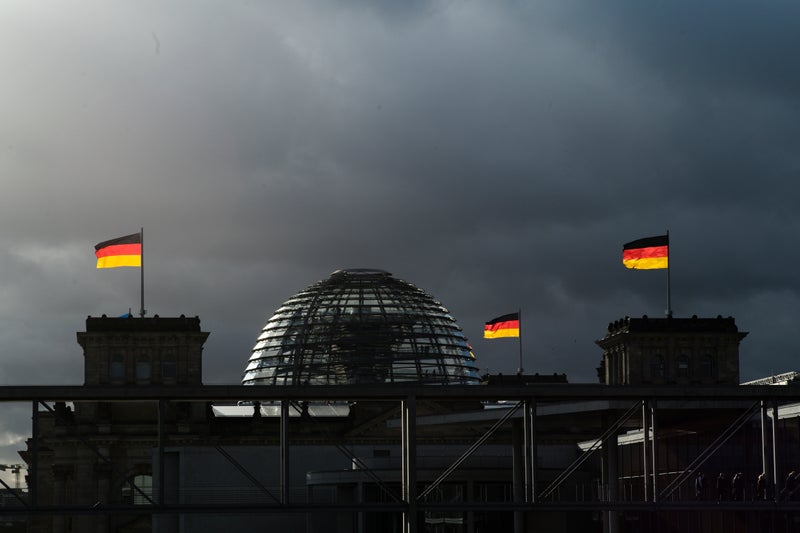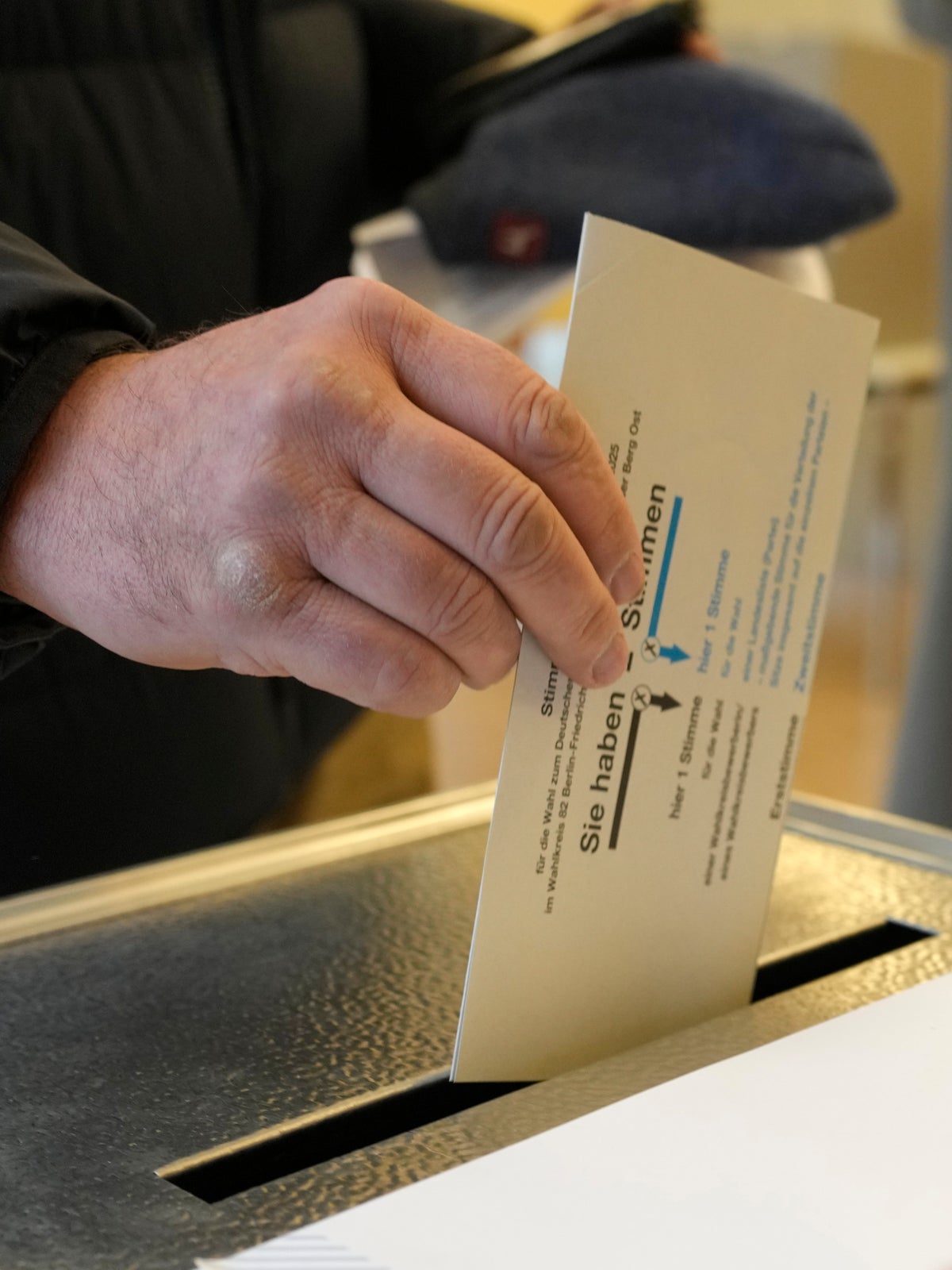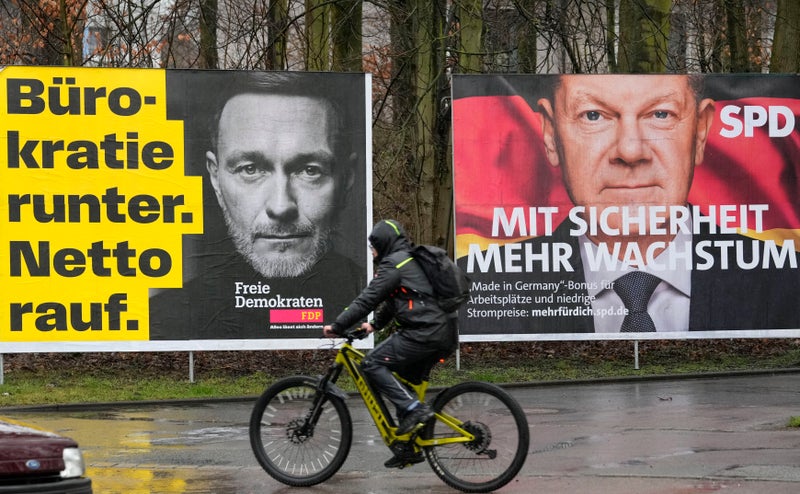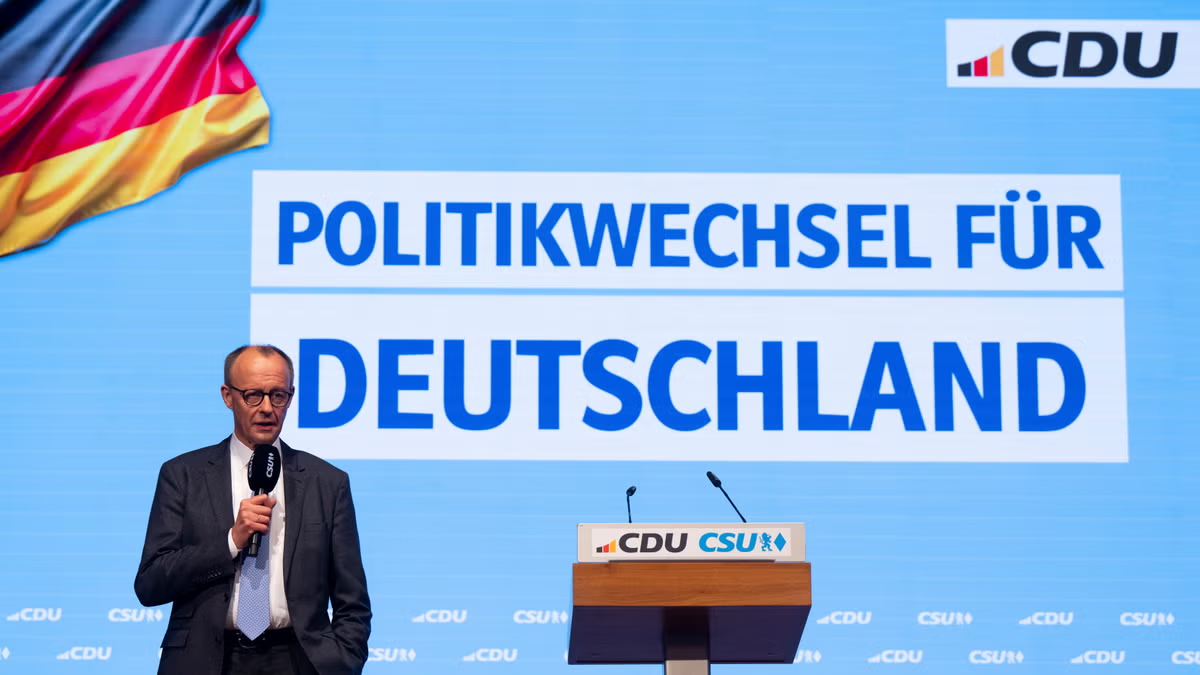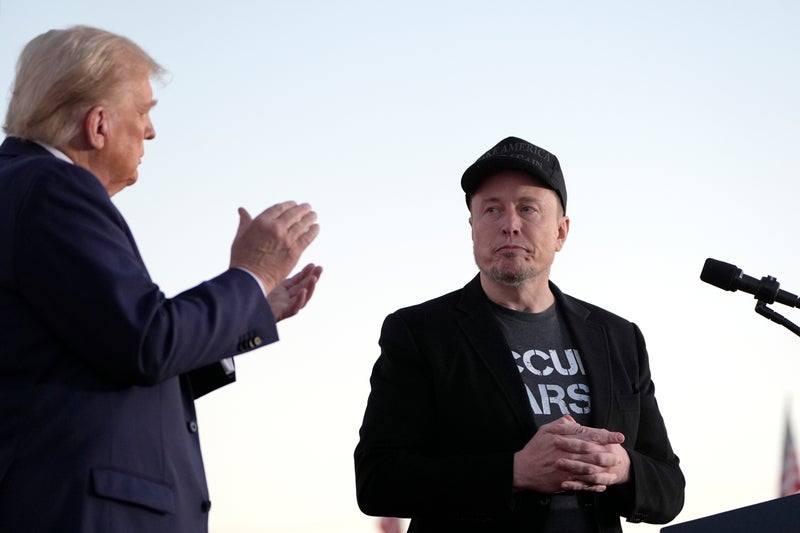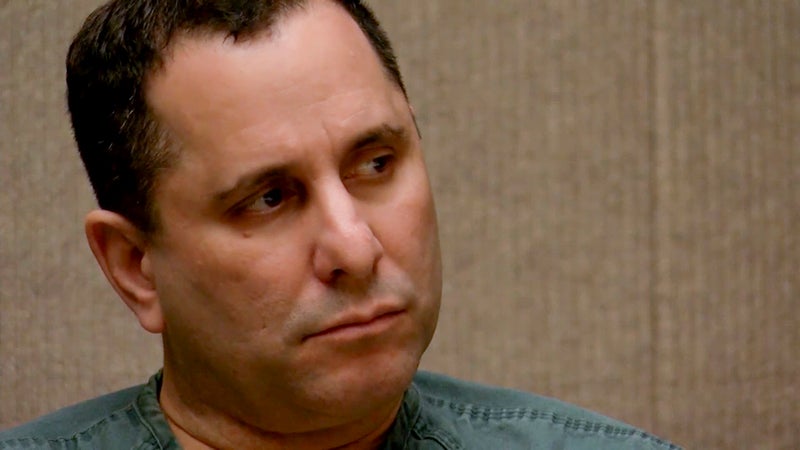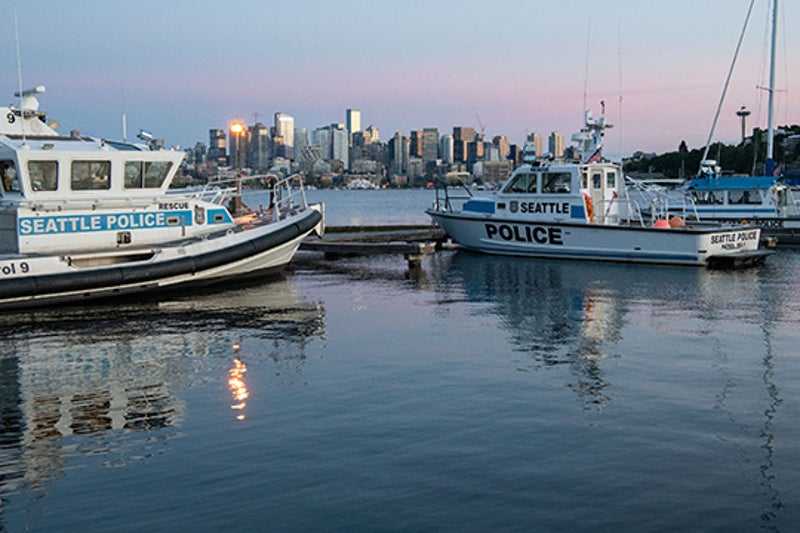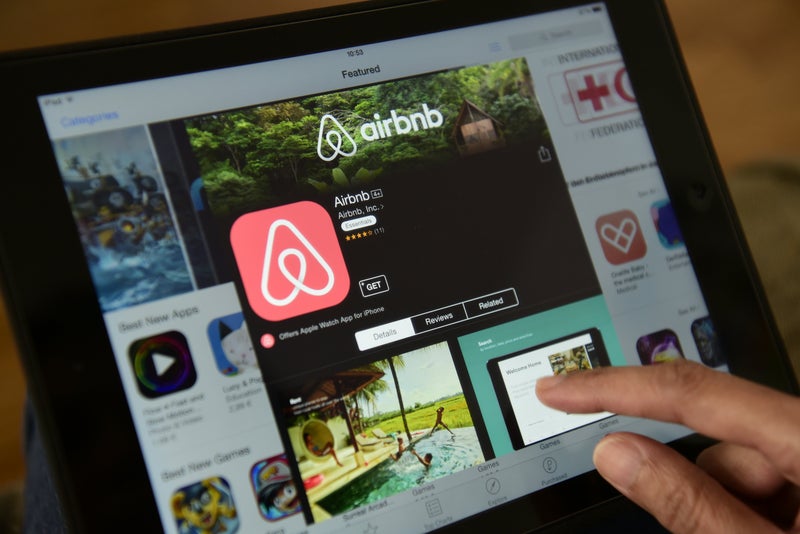Four candidates are running to be Germany’s next leader: incumbent Chancellor Olaf Scholz, of the centre-left Social Democrats; Friedrich Merz, the candidate of the mainstream conservative Christian Democratic Union party; current Vice Chancellor Robert Habeck, of the environmentalist Greens; and Alice Weidel, of the far-right, anti-immigration Alternative for Germany, or AfD.
Opinion polls show three parties hovering around the 5 per cent of the vote needed to win seats.
Germans head to the polls on Sunday in a pivotal election that will shape the country's trajectory for the next four years and significantly influence Europe's political landscape.
The election's outcome will also determine Germany's continued role in supporting Ukraine against Russian aggression, as the country currently stands as the second largest weapons supplier to Ukraine after the United States.
Pre-election polls have put Merz’s Union bloc in the lead with support of about 30 per cent, ahead of AfD, with around 20 per cent.

